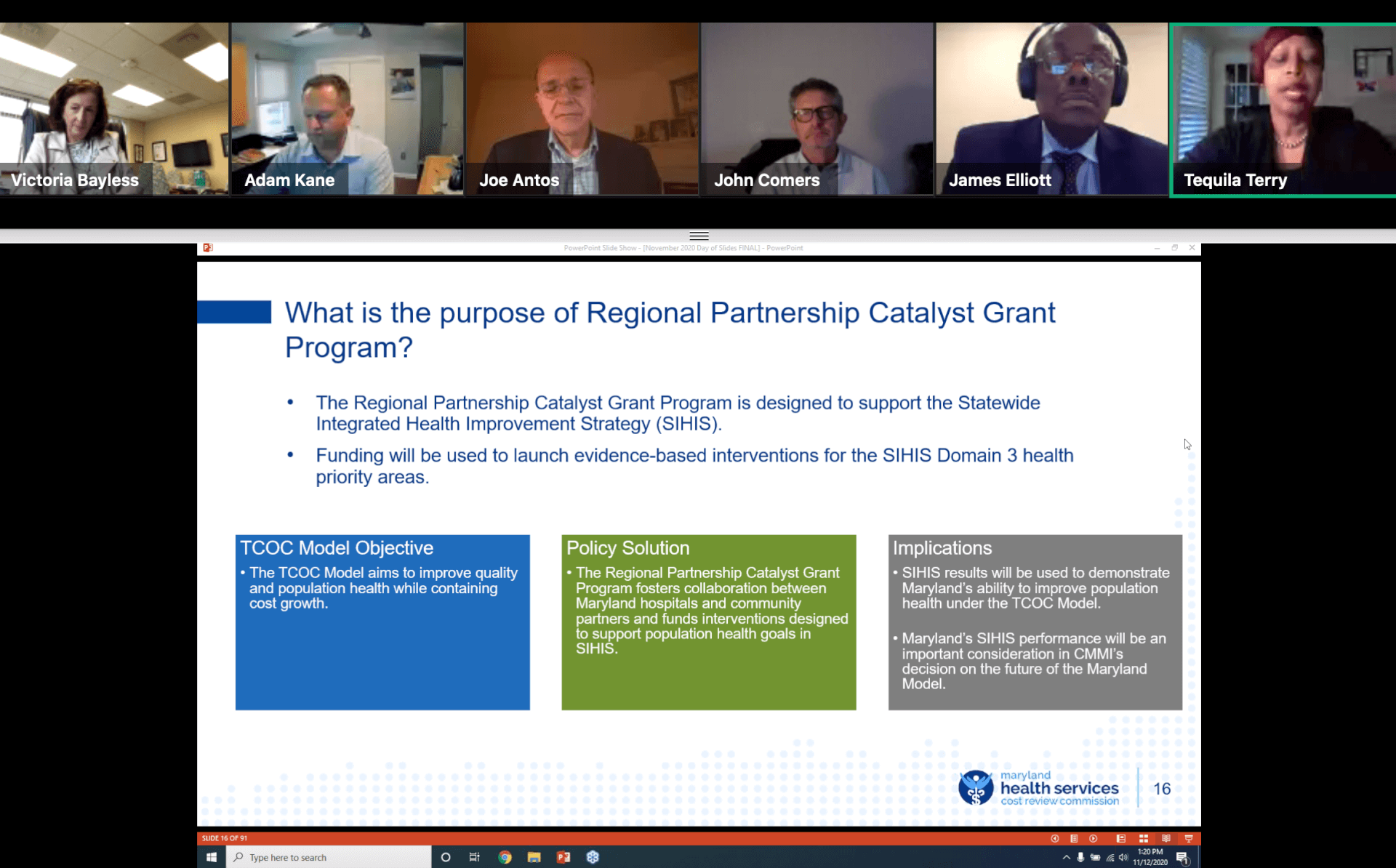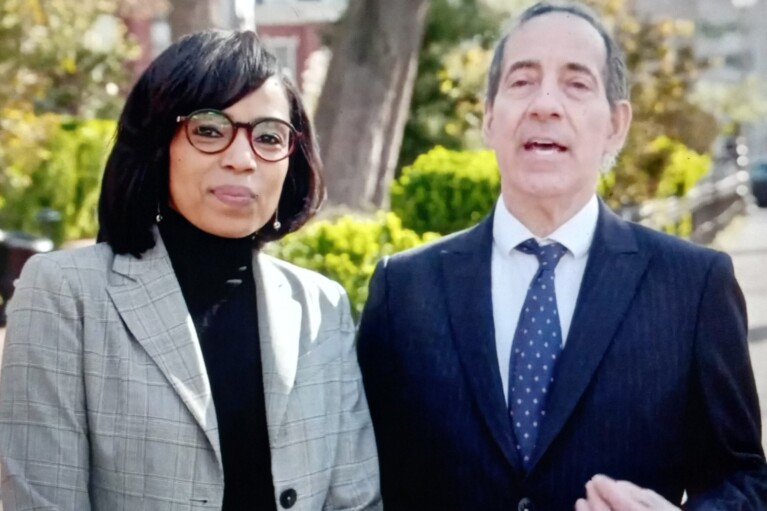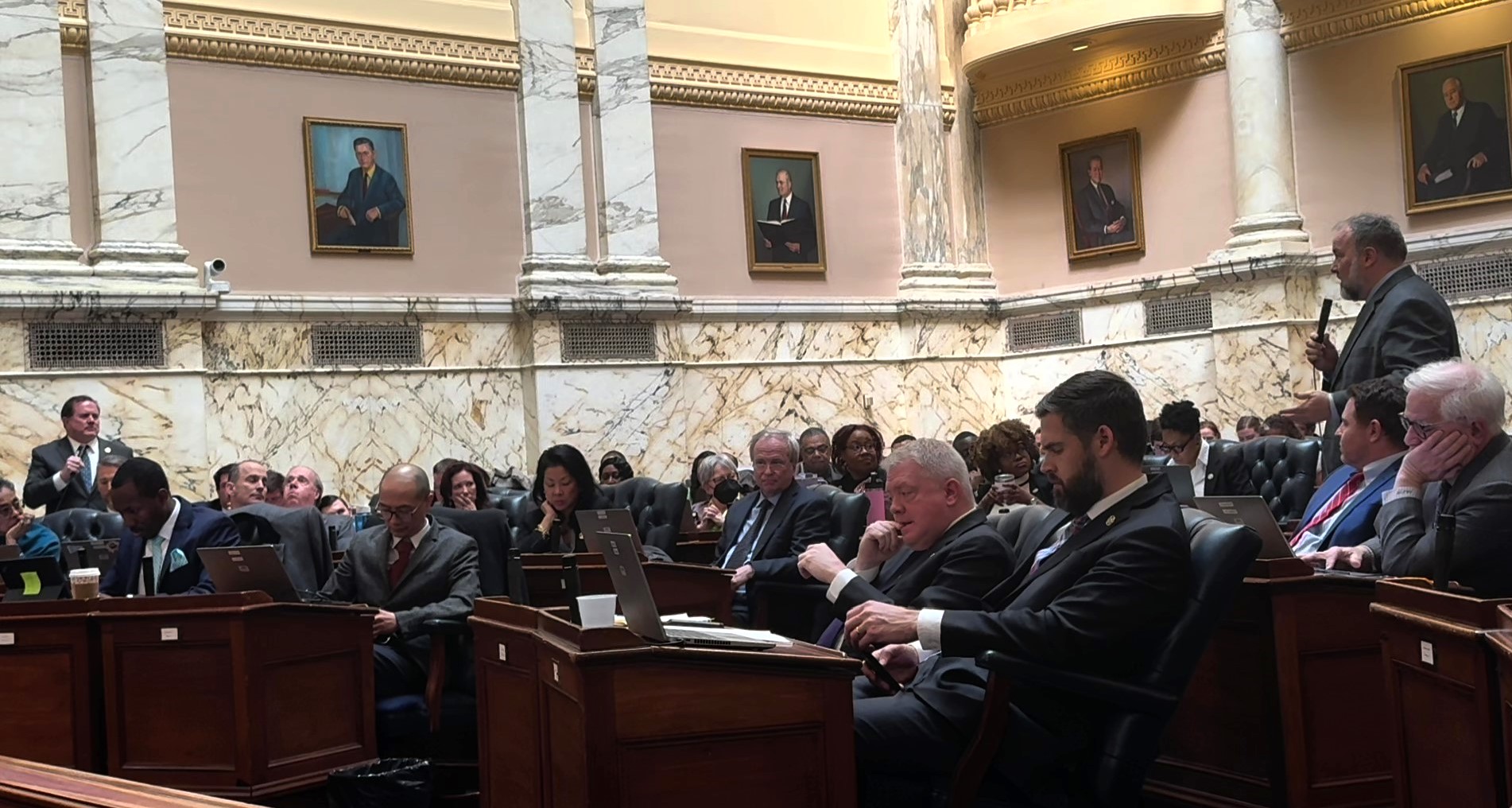Baltimore-Area Hospitals Receive $45 Million Grant to Enhance Crisis and Substance Abuse Services

The Maryland Health Services Cost Review Commission approved $45 million in grant funding to Baltimore-area hospitals Thursday to enhance mental health crisis care and substance abuse services.
“I just wish that we could do this throughout all 24 jurisdictions, as well, because it’s needed,” Del. Joseline Peña-Melnyk (D-Prince George’s) told the committee. “Mental health is usually an afterthought for people; it is because it’s not a cut, and you don’t see the bleeding.”
Under the Greater Baltimore Regional Integrated Crisis System plan, hospitals and health care centers in Baltimore City and Baltimore, Carroll and Howard counties will receive funding through the commission’s Regional Partnership Catalyst Grant program.
The money, which comes from the state’s rate-setting system, will begin to roll in at the start of 2021 and will last until Dec. 31, 2025.
Hospitals in Prince George’s County, Southern Maryland and on the Eastern Shore will also receive grant funding for behavioral health and crisis services under this program.
The Greater Baltimore Regional Integrated Crisis System plan approved by the Health Services Cost Review Commission was crafted in a mass-collaboration between behavioral health authorities from each jurisdiction, 17 local hospitals and a series of other community stakeholders.
Its key components are modeled after the “Crisis Now: Transforming Services is Within Our Reach” model created by the National Action Alliance for Suicide Prevention.
Over the next five years, the coalition plans to stand-up a cohesive mental health system across the four selected jurisdictions that includes:
- A uniform crisis hotline ― or Care Traffic Control Center ― including an infrastructure that allows staff to dispatch crisis response teams, set up care appointments and track callers in real-time as they move through the local mental healthcare system;
- Mobile crisis units, or non-law enforcement teams with mental health professionals and peer support specialists, that are available to meet people in the field; and
- Expanded walk-in crisis clinics.
Their hope is that it’s enacted in a way that the program can stand on its own when the grant runs dry.
Adrienne Breidenstine, vice president of policy and communications for Behavioral Health System Baltimore, told Maryland Matters last week that the program may take years to fully implement, but she expects the crisis hotline to be the first component to be activated.
Breidenstine said that the impetus of the program is to reroute people experiencing mental health episodes away from police custody and hospital emergency departments, which she explained can often exacerbate their condition.
“People can wait days,” said Breidenstine in a phone interview. “They get stuck in the emergency room and then get stuck in inpatient units.”
Peña-Melnyk witnessed this firsthand when she took a young constituent in the throes of a crisis to the emergency room for help. She said that she was there for 15 hours.
“I didn’t tell the nurse I was a delegate — I could have easily made a call — but I wanted to be in his shoes, I wanted to walk through his experience,” she told commission members Thursday.
Peña-Melnyk said she became friendly with a nurse who told her that people seeking mental health services can end up in the emergency department for three months — “sometimes more.”
“Now, I can tell you that while I waited there for 15 hours: that lighting in that room was not right; the chaos going around and all the noises were not right. It is not the right place for someone that is already in a crisis,” she declared. “A program like what the Greater Baltimore Regional Integrated Crisis System is proposing is right.”




 Creative Commons Attribution
Creative Commons Attribution